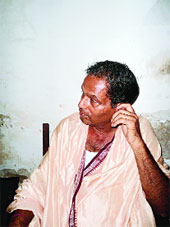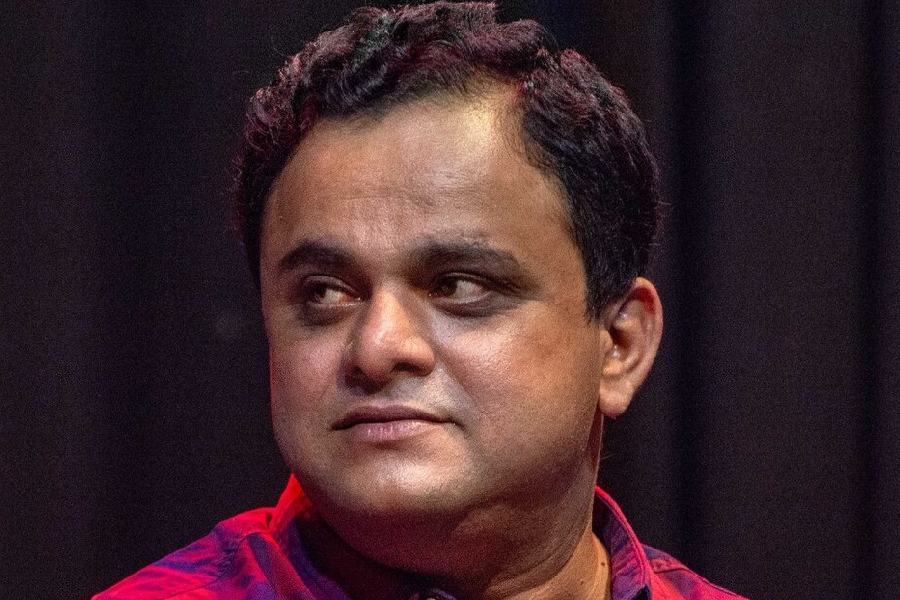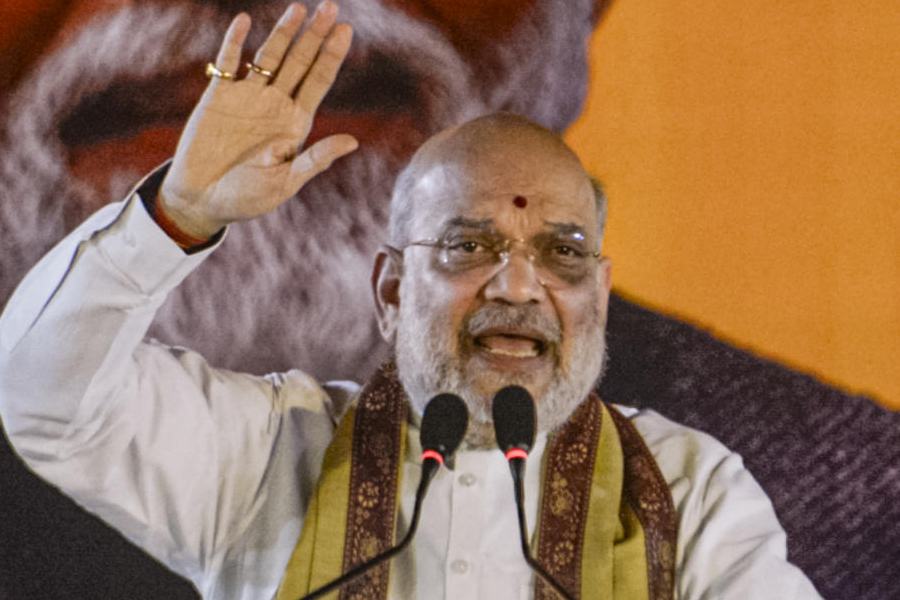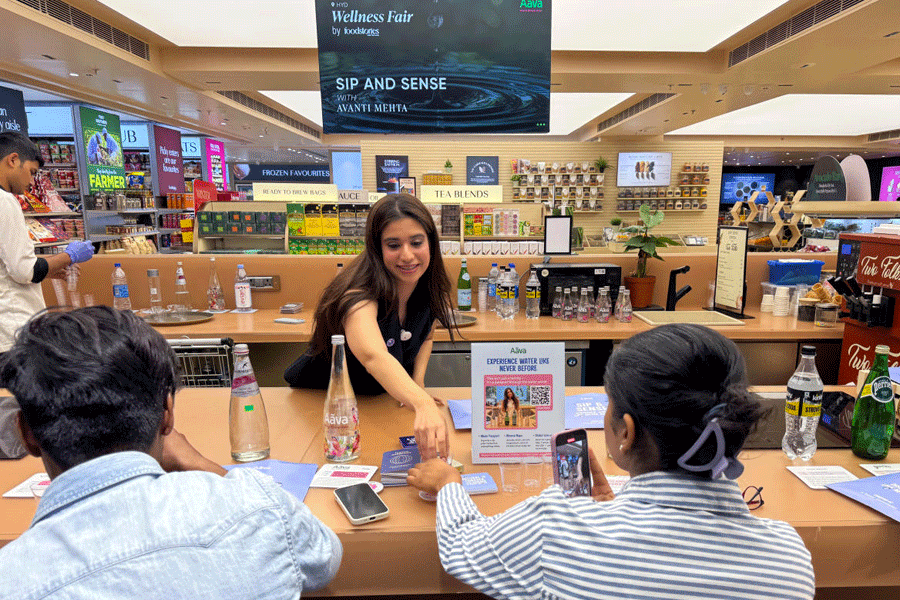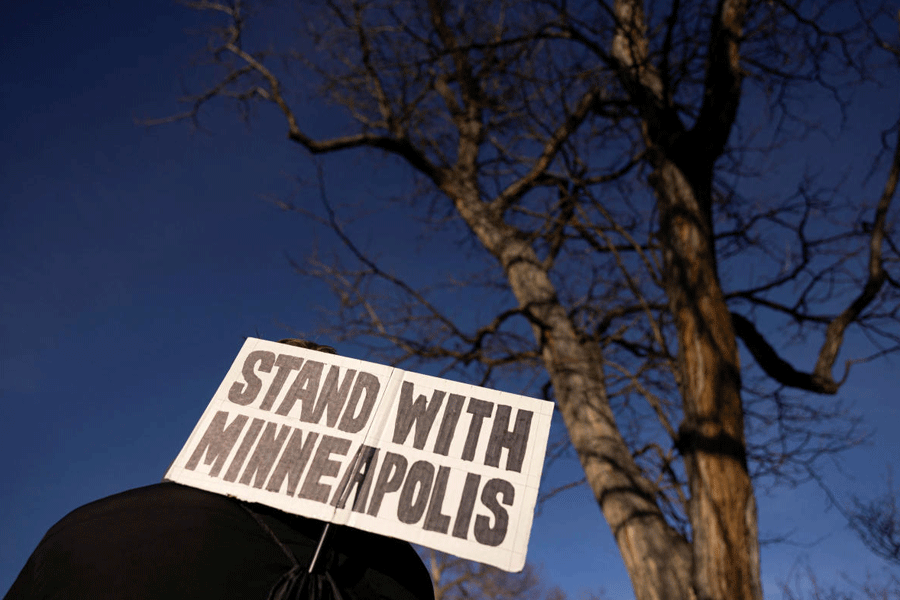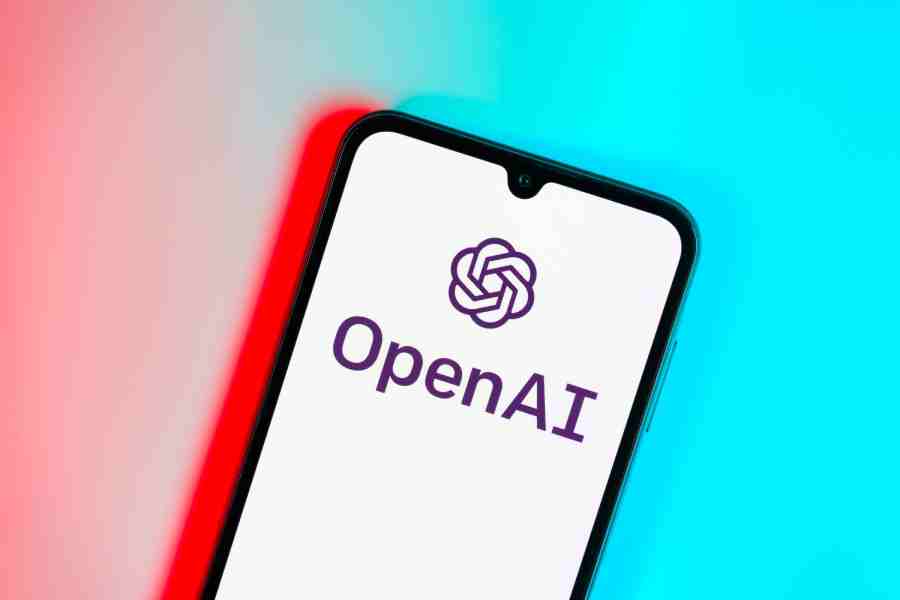What is Net neutrality?
Free access to information on the Internet has helped people to gain knowledge in affordable ways and without being charged for accessing numerous sites. This is the principle of the system that the Net Neutrality India site further defines as “the idea that Internet service providers give their customers equal access to all lawful websites and services on the Internet, without giving priority to any website over another”.
However, a few Internet service providers (ISP) have suggested the Telecom Regulatory Authority of India (TRAI) to allow them to block apps and websites that can be charged for every access from consumers and businesses. This has raised a storm in the Internet users, mostly the youth, as “an extreme violation of net neutrality”.
What geeks have to say?
Web developers in the city lamenting over the hoopla surrounding Net neutrality say it should remain the way it is. “If net neutrality is not allowed it will hamper people from diverse backgrounds especially students. Supposedly, a student wants to download an online tutorial of 2GB. Without net neutrality, he has to pay an amount for the Internet along with an extra amount for download — which would double the costing. For a student, it is extremely difficulty to cope with the charges,” said Ganesh Mishra, who runs a web-developing firm, Way India.
Experts are of the view that the ones, who would be most affected, are the entrepreneurs. “By breaking of Net neutrality in the developing country such as India it will affect a lot to start-ups, entrepreneurs, bloggers and so on. A large corporate body such as Facebook and You Tube can easily tie up with the ISPs and charge heavy amount of money for access of their content as well. So, the big players will occupy the Internet where start-ups internet-entrepreneurs can’t enter,” said Chandra Sekhar Biswal, software consultant at Utkal University and web developer.
How you can help?
Petitions are being signed as part of campaigns to save the Internet and many Odias are part of spreading the word by posting the campaigns. Also, TRAI has released a consultation paper with 20 questions spread across 118 complicated pages, and anyone can share their opinion by responding via e-mail by April 24.


